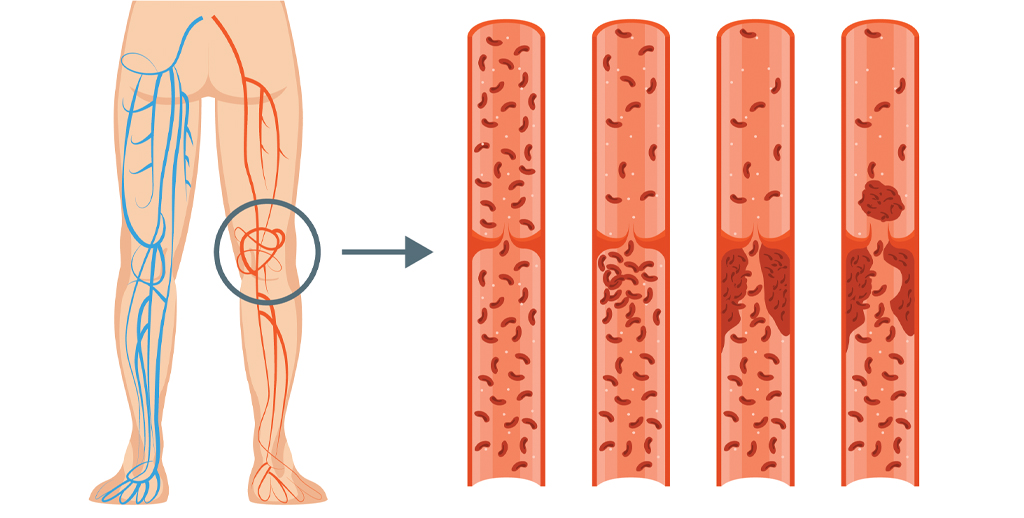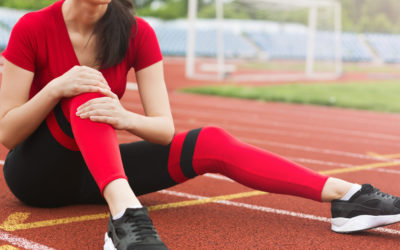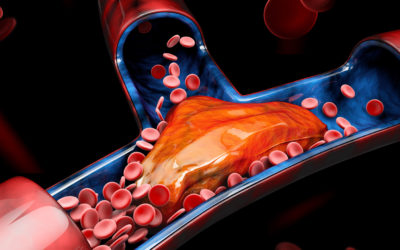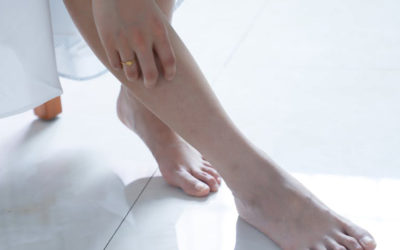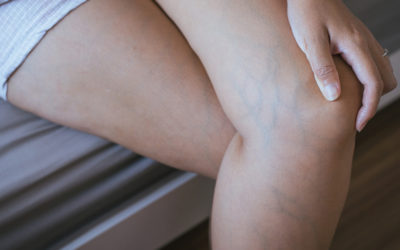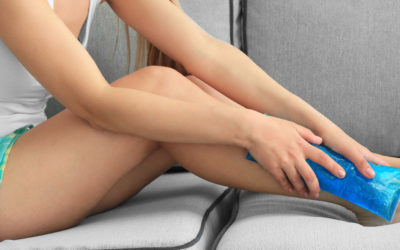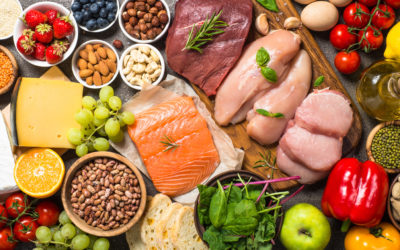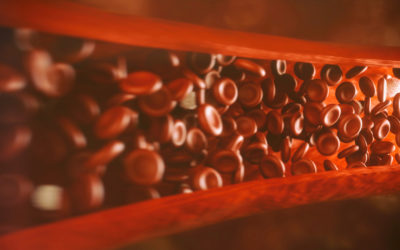If you are experiencing leg pain, you might be experiencing deep vein thrombosis. This can happen without any signs or warnings. However, there are signs at times as well. What is happening is a clot has formed deep inside your leg. This typically doesn’t happen to a healthy person but to a person that doesn’t move and has been confined to a bed for whatever reason. Whether you have been in a car accident or maybe had a surgery, you find yourself laying around more than walking around. Keeping your body moving will help prevent it from happening to you.
While having a clot in your leg can cause damage to the veins and arteries in your leg. This will then lead to leg ulcers and other leg health issues. However, it could also lead to damage in your heart and lungs and even death if it were to break loose.
While it can go without any signs or symptoms, there are times when there are warnings. This could be swelling or pain in your leg. There is a cramping feeling or red and discolored skin. The leg could have an unusual warm feeling to the touch as well. If you have any of these symptoms you should see your doctor right away.
While having a blood clot in your leg might seem like something that isn’t alarming, it very much is. If that blood clot were to dislodge it will be in your bloodstream and headed right for your heart and lungs. If it were to hit your lungs this is called a “pulmonary embolism” and it will cause serious complications or death. Pulmonary embolisms signs are:
- Rapid pulse
- Sudden shortness of breath
- Chest pain which worsens when you take a deep breathe
- Coughing up blood
- Feeling lightheaded or dizzy, even fainting.
The causes:
There are many reasons that someone would get a deep vein thrombosis issue. Some of these include:
- Injury to the vein
- limited motion and movement.
- Certain medications
- Smoking
- Obesity
- Prolonged bed rest or paralysis
- Pregnancy
- Cancer
- Birth Control Pills or hormone replacement therapy.
- Family history
- Age
- Sitting for large periods of time while driving, flying.
It is important that if you are experiencing leg pain that you seek medical help. Leg pain is a good sign that there is something more going on with your leg. Deep vein thrombosis can damage your veins as well as throw the clot to your lungs and is a very serious matter. Many of us, especially while we age, will have pains that we tend to ignore. However, this shouldn’t be one of them.
Things to prevent deep vein thrombosis.
If you are in the serious risk group for getting deep vein thrombosis, there are some things that you can do about it. You can:
- Get up and move. Avoid sitting still for long periods of time.
- Lose Weight and exercise more. Watch what you eat and be sure to eat a healthy diet.
- Quit smoking.
- Keep moving! If you are in a plane or other places that are restrictive, you can tighten up your calf and release. Go up on your tiptoes while seated to get the blood flowing in the lower leg.
Staying active and eating right while maintaining a healthy weight is key to avoiding all kinds of medical issues. If you are not sure where to start on this, ask your doctor!

